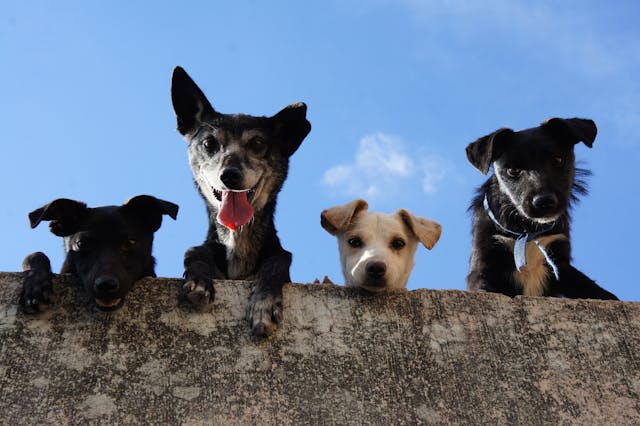Pet ownership is a cherished aspect of many people's lives, offering companionship, love, and joy. However, along with the joys of pet ownership come responsibilities, including understanding and adhering to pet liability laws. These laws exist to protect both pet owners and the general public, but there are many misconceptions about them. In this article, we'll debunk some of the most common misconceptions surrounding pet liability laws to help pet owners navigate their responsibilities more effectively.
1. Only Dog Owners Are Liable for Pet-Related Incidents
One of the most prevalent misconceptions is that pet liability laws only pertain to dog owners. While it's true that dogs are often the focus of discussions about pet-related incidents, liability laws extend to all types of pets, including cats, birds, reptiles, and even exotic animals. Any pet has the potential to cause harm or damage, and owners must be aware of their legal obligations regardless of the species of animal they own.
2. Pet Liability Laws Are the Same Everywhere
Another common misconception is that pet liability laws are uniform across all jurisdictions. In reality, these laws can vary significantly from one place to another. States, provinces, and even municipalities may have their own regulations governing pet ownership, including rules related to leash laws, animal control, and liability for pet-related incidents. It's essential for pet owners to familiarize themselves with the specific laws in their area to ensure compliance either by doing their own research or contacting an experienced injury attorney.
3. Homeowner's Insurance Automatically Covers Pet-Related Incidents
Many pet owners mistakenly believe that their homeowner's insurance policy will automatically cover them in the event of a pet-related incident. While some homeowner's insurance policies do include coverage for pet liability, this coverage is not universal. Some insurance companies may exclude certain breeds of dogs or specific types of animals from coverage, while others may require additional riders or endorsements for coverage to apply. It's crucial for pet owners to review their insurance policies carefully and, if necessary, obtain additional coverage to protect themselves financially.
4. Pet Liability Laws Only Apply to Attacks or Bites
While pet liability laws certainly address incidents involving attacks or bites, they also cover a wide range of other scenarios. For example, pet owners may be held liable if their animal causes property damage, such as digging up a neighbor's garden or scratching a car. Additionally, owners may be responsible for injuries caused by their pet's behavior, even if no biting or attacking occurs. It's essential for pet owners to understand that they can be held accountable for any harm or damage caused by their pet's actions.
5. Pet Liability Laws Are Strictly Civil Matters
Some pet owners believe that pet liability issues are solely civil matters and do not involve criminal liability. While many pet-related incidents are addressed through civil lawsuits, there are situations in which criminal charges may apply. For example, if a pet owner's negligence results in severe injury or death, criminal charges such as animal cruelty or reckless endangerment may be pursued. Additionally, some jurisdictions have specific laws pertaining to dangerous or vicious animals that can result in criminal penalties for owners who fail to comply with regulations.
Understanding pet liability laws is essential for all pet owners to ensure the safety of their pets, themselves, and the community at large. By debunking common misconceptions about these laws, pet owners can better navigate their responsibilities and mitigate the risk of legal issues arising from pet-related incidents. It's crucial for pet owners to educate themselves about the laws in their area, review their insurance coverage, and take proactive measures to prevent pet-related incidents whenever possible. By doing so, pet owners can enjoy the companionship of their pets while also being responsible members of their communities.


